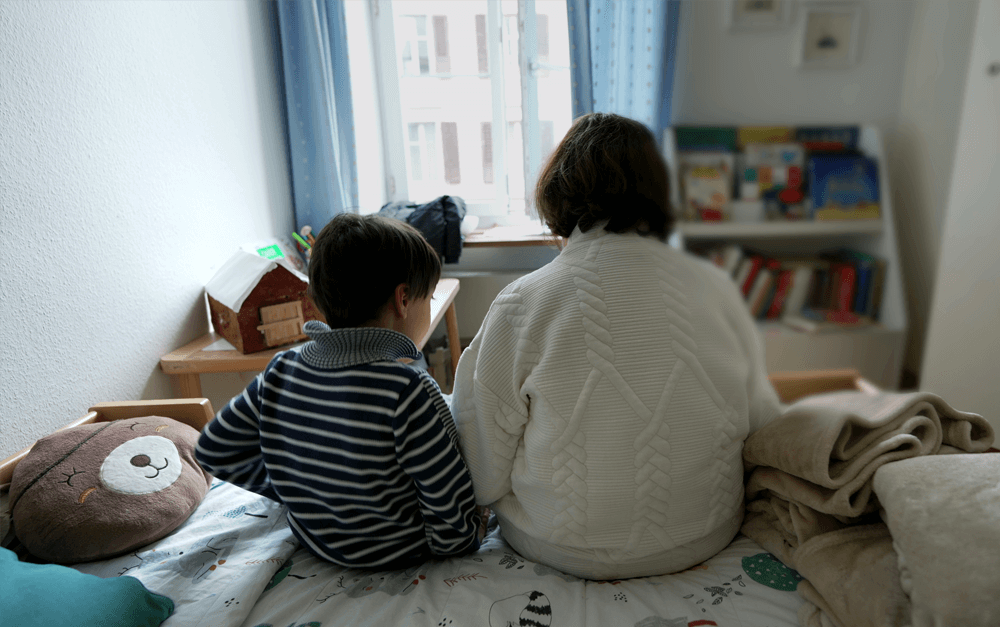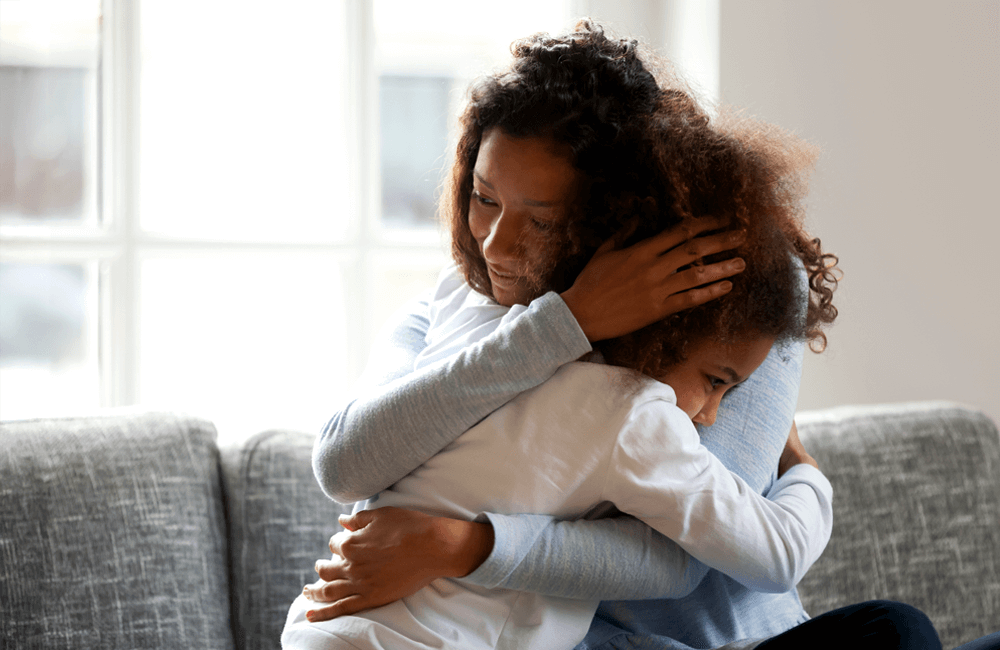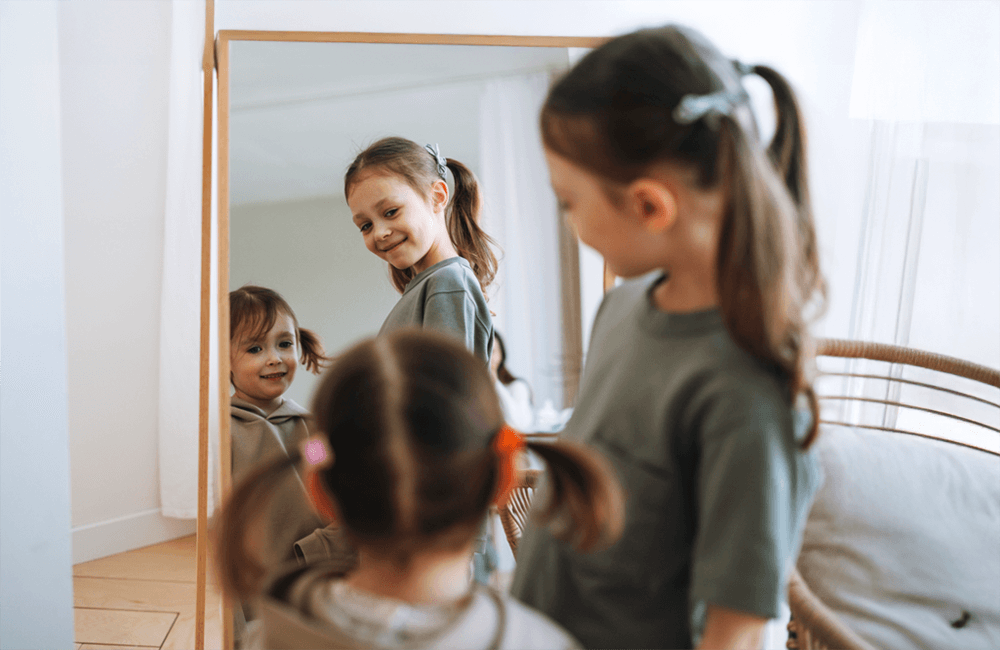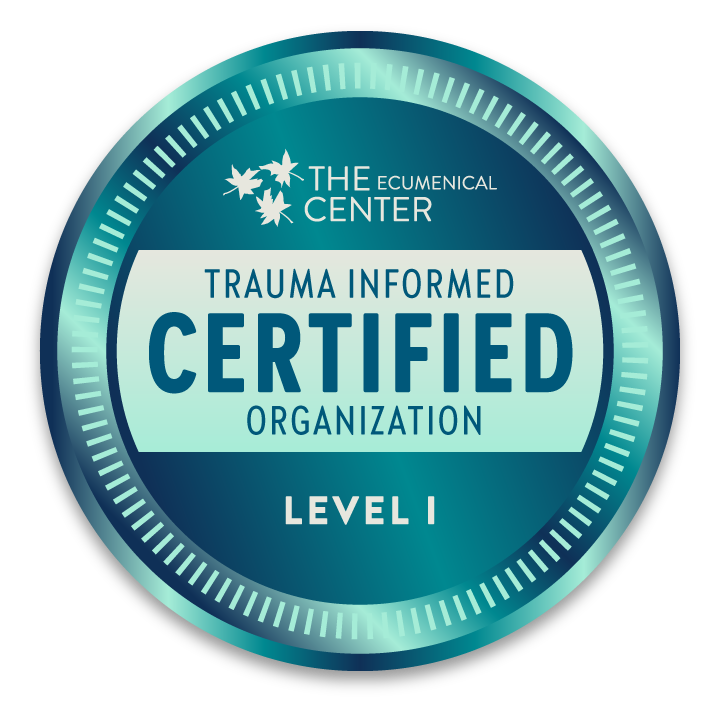Key Takeaways
- Adoptees deserve the full ownership of their stories, with all the complexities and truths they contain.
- Love alone can’t erase the unique pain of relinquishment, but supporting adoptees’ connections to their origins strengthens the family bond.
- Creating space for adoptees’ questions and feelings—no matter how hard—builds trust, healing, and connection.
“I wish I wasn’t adopted” she choked out, between sobs. This wasn’t the first time she had shared some version of this feeling, but as a 5th grade girl, the desire to fit in with peers had taken it to a new level of intensity. “I told Hannah about my birth mom and then she told a bunch of the girls in my class and didn’t even ask my permission.” My initial internal reaction was to reach for my old coping mechanism for uncomfortable feelings, toxic positivity. I wanted to focus on the “silver lining” and smooth over the pain with something less uncomfortable.
Initially, I thought this desire came purely from altruistic motivation—I hated to see my daughter in pain. I wanted to point to her all that was good about being adopted and the joy that we felt because she joined our family.
But over time, I came to realize it was also mixed with my own insecurities. If I was a better mom, wouldn’t it make up for losing her daily connection with her biological family? If I let her give in to these complicated feelings, will it just push her deeper into despair and perhaps disconnection from our family?
Regardless of our motivations as individuals or as a community of adoptive parents, adoptees have often been asked to smile, “be grateful,” and give voice to the blessing and beauty of adoption.
Sometimes, unknowingly, we are complicit in rewriting their stories, quieting their questions and glossing over their grief. How do I know this? Because adoptees grow up, and these adults are bravely sharing a different narrative. In listening, I have learned many things.
We are the keepers, not the owners of their stories.
When an adoptee is young, they do not fully understand or have the resources to connect with the parts of their story that occurred before they joined our families. Even if this was at birth, their ethnic and racial heritage, in-utero experience, and extended family ties predate us. And if the separation occurred after birth, their story may also include a loss of relationships, memories, and homes.
As adoptive parents, it is our responsibility to honor all parts of their story, to preserve their memories, connections, and griefs that can be shared with them through the years. Their story is not ours to add to, delete, or interpret.
Adoptees often feel betrayed when they learn about details of their stories that were omitted or altered by their adoptive parents. Omitting or altering parts of their story doesn’t protect them; it strips them of ownership. Although particularly challenging aspects of our child’s experiences should always be shared at developmentally appropriate times, even the painful parts are not ours to re-write. Even difficult realities, shared at the right time, honor their dignity and autonomy.
I will never be “enough.”
Being an adoptive parent is a constant, humbling reminder that love, no matter how deep, can’t erase the pain of relinquishment. It’s a unique, complex love that acknowledges both the joy of our family and the ache of what was lost.
This has been deeply painful for me to accept; that no matter how much I love my children, how many wonderful life experiences I give them, or how fiercely I protect them, I can never “fix” their unique pain. They may never feel that they “fully fit” into our family. Questions about their identity could be something they will always wrestle with. Maintaining connections with their biological origins may always be a mix of joy and pain.
We cannot make our child’s adoption experience about ourselves, about our desire to feel competent and successful as parents, or even about shielding our children from pain. I have learned that my child can love being a part of our family while also wishing they were not adopted and missing the ease and normalcy that comes from being raised by parents who share your mannerisms and genetics.
Connection always multiplies and unifies.
It is normal to wonder if learning about and connecting with their history will change your child’s connection to you or your family. Sharing someone you cherish is challenging, especially with someone who holds a part of your child’s story that you weren’t part of.
But in reality, they were shared with me by another, by someone who loved them first. Each of my children has varying levels of connection with and knowledge of their origins. The stories are complex, and each one has changed my view of the world. They have given me a view of humanity and deeper love not only for my child, but for those who loved them before I called them mine.
As Cam Lee Small, adoptee, & author so beautifully says:
“I have personal testimonies of gradual (and profound) degrees of healing and empowerment, but not without unanswered questions along with feelings of lament, confusion, and anger that have taken on new shapes throughout the decades. And I’ve learned to welcome the heights and depths of each one of them as occasions for connection.”
With each piece they connect, I see their souls become a little more intact. Small repairs were made to the fabric that was torn with relinquishment. A deepening understanding of their worth that spans countries and generations. Supporting their journey to connect strengthens our own bond because it multiplies love, rather than divides it.
Elevating the Adoptee Voice
Acknowledging my child’s story does not give it value; it simply recognizes its rightful and necessary perspective in the adoption triad. As often as we seek the perspective of fellow adoptive parents, we should seek equally or more so the thoughts and feelings of adoptees to help us parent our children.
We also need to be intentional about creating space for all our child’s questions and emotions around adoption, not just those that make us feel competent and comfortable.
As Cam Lee Small, encourages:
“I have personal testimonies of gradual (and profound) degrees of healing and empowerment, but not without unanswered questions along with feelings of lament, confusion, and anger that have taken on new shapes throughout the decades. And I’ve learned to welcome the heights and depths of each one of them as occasions for connection.”
These questions might feel daunting, but they invite honesty. Asking them shows trust, inviting them to be open rather than alone in their pain.
Here are some questions to help get you started.
1. What is the hardest part about being adopted?
2. Do you ever wonder about your biological family or miss them?
3. If you could magically change any part of your story, what would it be?
As an adoptive parent, their responses may bring up your own fears or emotions. Take time to process your own feelings with a trusted friend, parenting partner, or therapist so you can respond with openness and curiosity rather than react.
“I’m so glad you shared that with me, sweetie. I’m sorry that she shared that information without your permission; it’s good to tell her how it made you feel when you are ready,” I said, taking a few deep breaths. The more I practice being with her in these feelings rather than fixing them, the easier it gets.
At Chosen, we don’t just honor the beauty of adoption — we address its hardest truths, helping parents and children connect in ways that foster healing. We believe the key to healing is relational connection.
Reach out to Chosen today, and let us walk alongside you in building stronger, healing connections within your family.
Further Resources for Adoptive Parents
For parents who want to go deeper in understanding the adoptee experience, here are two highly recommended resources from Cam Lee Small, LPCC:
- “10 Facts About Adoptees” by Cam Lee Small, LPCC. This brief article highlights important insights and truths about the adoptee experience. It’s a valuable read for gaining empathy and a deeper perspective on adoptee needs. Read the article here
- The Adoptee’s Journey: From Loss and Trauma to Healing and Empowerment by Cam Lee Small. This book draws on Cam’s lived experience and professional expertise to guide parents in fostering resilience and understanding in their children. Learn more about the book here

